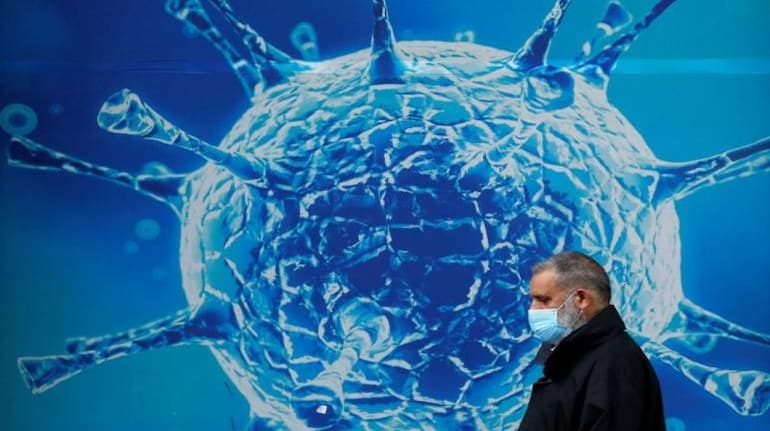The skyrocketing caseload helped push the US tally past nine million cases reported since the pandemic began, while Europe topped 10 million and France entered a new lockdown.
The United States saw a record number of new coronavirus infections for the second day running Friday, with more than 94,000 cases reported just days before voters decide if President Donald Trump should remain in the White House.
The skyrocketing caseload helped push the US tally past nine million cases reported since the pandemic began, while Europe topped 10 million and France entered a new lockdown.
